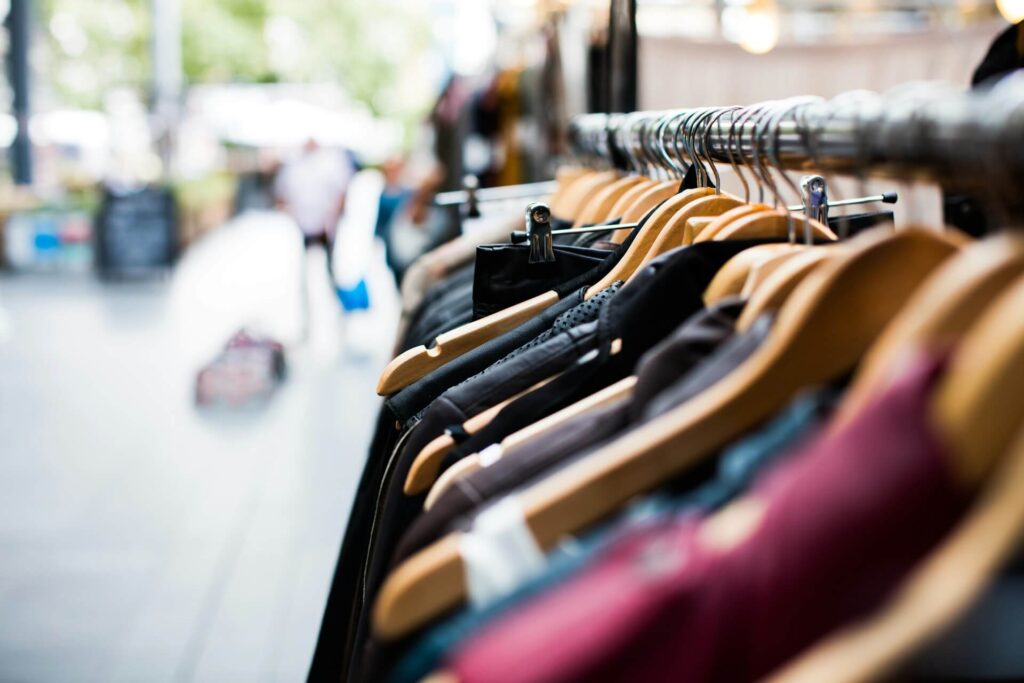
The last decade has witnessed a significant shift in consumer attitudes towards fashion. No longer confined to the glamorous trends and runway extravaganzas, the narrative around clothing has broadened to include critical discussions on sustainability, ethics, and environmental impact.
The fashion industry, once the poster child of opulence and indulgence, is now under immense pressure to reform its operations and messaging to align with the burgeoning ethos of sustainable living.
This has led to the acceleration of trends within the industry that focus on eco-friendly materials, upcycling, minimalism, and ethical labor.
The Era of Eco-Friendly Threads
As we become more aware of our impact on the environment, it’s no surprise that the fashion industry is taking a stand. Sustainable fashion, using eco-friendly and recycled materials, has become a major trend in recent years.
It’s not just about cute clothes, it’s about conscious consumerism and considering where our clothes come from and how they were made. From upcycling vintage pieces to shopping from eco-conscious brands, the era of eco-friendly threads is here to stay.
Not only do they help reduce textile waste, but they also contribute to a cleaner and greener planet. It’s time to embrace this fashion movement and make a positive difference.
The Art of Upcycled Fashion
By using recycled materials and innovative design techniques, designers are creating stylish clothing without harming the environment. This trend of conscious consumerism is becoming increasingly popular as people seek out eco-friendly options for their wardrobes.
The best part about upcycled fashion is that it’s not only good for the planet, but it’s also on-trend. So, why not make a statement with a one-of-a-kind upcycled fashion piece while also making a positive impact on the world?
Minimalism: More Than an Aesthetic Choice
Minimalism is more than just an aesthetic choice. It’s a lifestyle that focuses on awareness and consciousness when it comes to our consumption of goods.
Sustainable fashion and eco-friendly practices have become increasingly important as we move towards a more environmentally-conscious future.
By employing recycled materials and conscious consumerism, minimalist fashion trends are leading the way in reducing the negative impact that the fashion industry has on the environment.
Ethical Labor and Transparency
The movement towards utilizing eco-friendly materials and recycled products has brought ethical fashion to the forefront of the industry. Consumers are demanding greater accountability from companies, pushing for ethical considerations from the factory floor up.
As a result, companies that prioritize transparency can differentiate themselves from their competitors and connect with their audience, instilling trust and loyalty at every step of the supply chain. Ultimately, ethical labor practices are not only good for garment workers, but for the planet and the bottom line.
The Consumer Revolution
The consumer revolution has brought about a new wave of mindful shopping and eco-consciousness in the world of fashion. With the rise of sustainable fashion, designers are creating garments that use recycled materials and minimize waste without sacrificing style.
For the conscious consumer, purchasing clothes that align with their values has never been easier. As fashion trends continue to evolve, so does the demand for ethical and environmentally responsible products. It’s truly inspiring to see the fashion industry taking important steps towards a more sustainable future.
The Road Ahead for Sustainable Fashion
As we move forward in the fashion industry, the road ahead for sustainable fashion looks promising. With an increased focus on eco-friendly and recycled materials, there have been significant strides made in the direction of creating clothes that are both fashionable and environmentally conscious.
Conscious consumerism has become an integral part of the conversation, with shoppers more interested in the story behind their clothing. The trends in sustainable fashion are ever-evolving, with designers creating pieces that reflect their values and appreciation for the planet.
The rise of sustainable fashion represents not just a trend but a fundamental shift in our relationship with clothing. It signifies a departure from the unchecked consumerism that has dominated the industry and aims to foster a more mindful, harmonious coexistence with the planet.
By choosing sustainability, consumers are not only making a statement about the kind of world they want to live in but actively participating in the creation of that reality.
As the fashion industry continues to evolve, it is increasingly clear that the future of style is not just what we wear, but how we wear it consciously and with purpose.
Last modified: March 23, 2025








